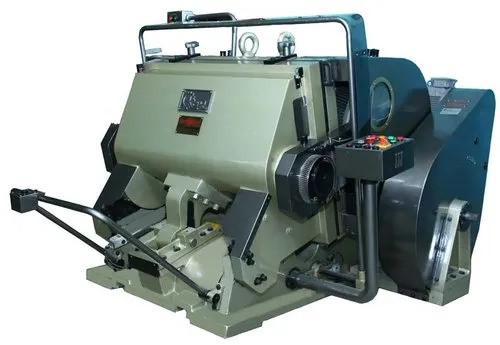- Welcome to SNS Enterprises
SNS ENTERPRISES is your best solution for all your Offset printing & digital printing needs in India anywere. We offer all types of business prints in remarkable rates. Whether you are looking for business cards, brochures, hangtags, wallet insert cards, screen printing services, flyers, folders, reports, posters, letterhead, stickers & wallet Boxes (and much more), we have the experience and expertise to deliver exactly what you want, right on time.
Offset printing is a widely used printing technique that has revolutionized the way we produce high-quality prints. It involves the transfer of ink from a plate to a rubber blanket, and then onto the printing surface. This method is known for its exceptional image clarity, arpness, and color accuracy, making it ideal for various applications such as hang tags, magazines, barcode labels, stickers, brochures, pamphlets, and packaging materials.
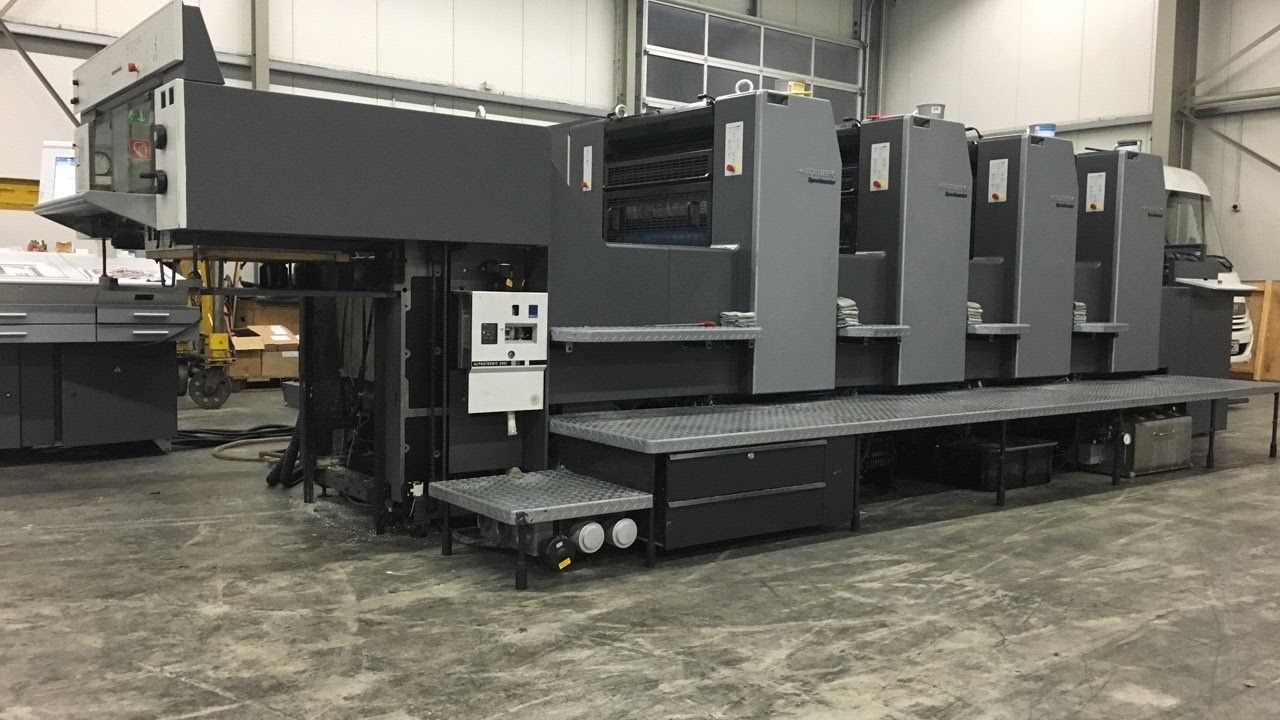
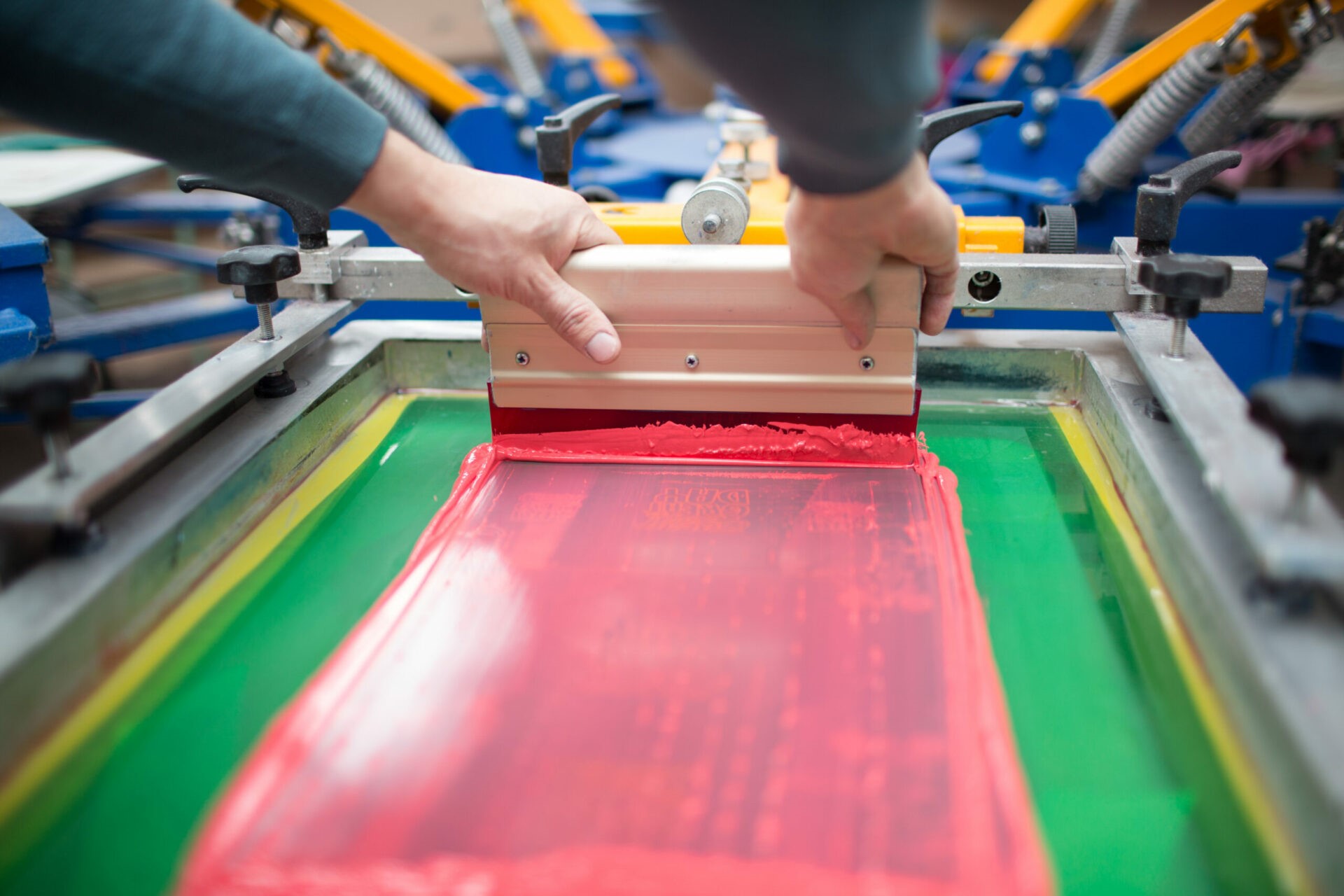
Screen printing, also known as silk screening, is a popular printing technique that offers several advantages. Firstly, it allows for high-quality and detailed prints on various materials such as fabric, plastic, metal, or paper. The versatility of screen printing makes it suitable for a wide range of applications, including textiles, signage, promotional items, and packaging. Another advantage is the durability of screen-printed designs. It allows for high-quality and detailed prints on various materials such as fabric, plastic, metal, or paper. The versatility of screen printing makes it suitable for a wide range of applications, including textiles, signage, promotional items, and packaging. Another advantage is the durability of screen-printed designs.
Garment labels play a crucial role in providing consumers with essential information about the clothing they purchase. These labels typically contain various types of information that help buyers make informed choices and ensure proper care of their garments. Firstly, garment labels often include details about the fabric composition, allowing consumers to understand the materials used and make decisions based on personal preferences or allergies
This helps prevent damage to the clothing and prolongs its lifespan. Furthermore, country of origin labeling is mandatory in many jurisdictions to inform consumers about where the garment was manufactured or assembled. Lastly, safety warnings and symbols may be required for certain garments containing potentially harmful components or requiring special precautions during use. Compliance with these legal requirements is essential for manufacturers and retailers to uphold transparency while ensuring consumer safety and satisfaction.
sizing information is commonly found on these labels, enabling customers to choose the right fit for their body type. Additionally, garment labels may provide valuable care instructions, such as recommended washing methods or temperature settings to ensure longevity and prevent damage. Furthermore, some labels feature country of origin details r certifications related to ethical production practices or environmental standards
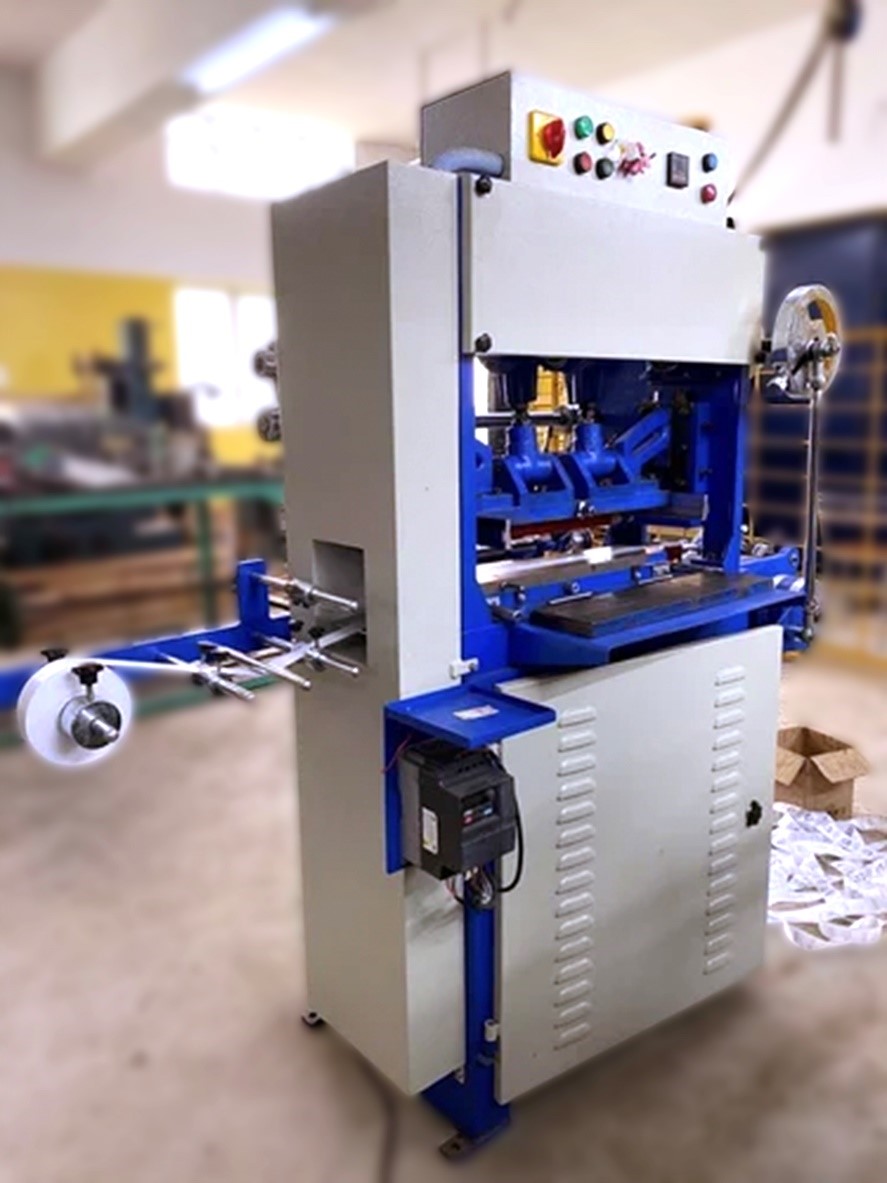
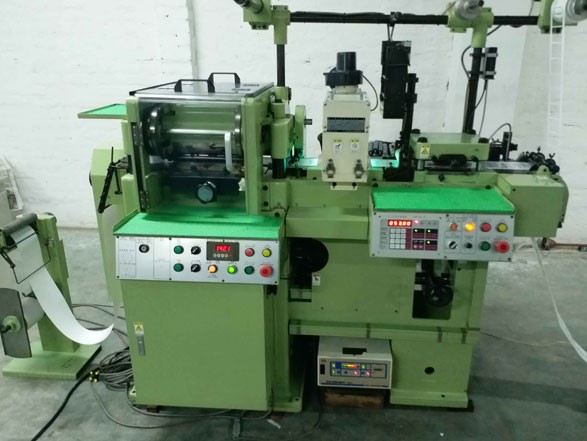
Label printing plays a crucial role in various industries, serving as an effective means to communicate important information about products. Labels are used for branding, providing product details, complying with regulatory requirements, and enhancing overall visual appeal. Whether it is food and beverage packaging, pharmaceuticals, cosmetics, or retail goods, label printing ensures that products stand out on shelves and convey necessary information to consumers. Label printing offers numerous benefits and applications across various industries.
Firstly, it allows for clear and concise communication by providing vital information about a product or package. Labels can include details such as ingredients, usage instructions, warnings, barcodes, and pricing, ensuring that consumers are well-informed before making a purchase. Additionally, label printing enables effective branding and marketing strategies. Companies can design eye-catching labels that represent their brand identity and create a lasting impression on customers.
Cutting and diecutting techniques play a crucial role in various industries, revolutionizing the way materials are shaped and transformed. These techniques find wide-ranging applications in manufacturing, packaging, printing, and many other sectors. In the manufacturing industry, cutting and diecutting techniques are used to precisely shape components for machinery, appliances, electronics, and automotive parts. By employing advanced tools and technologies, these techniques ensure accuracy and consistency in mass production processes.
In the packaging industry, cutting and diecutting enable the creation of custom shapes for boxes, cartons, labels, and displays. This allows companies to showcase their products attractively while ensuring efficient use of materials. Printing companies rely on these techniques to produce intricate designs for business cards, brochures, invitations, labels, stickers, and more.
